As a solo traveler, you have to be extra careful with currency exchange. It’s essential to understand the basics of how currency exchange works, especially when traveling alone. The last thing you want is to find yourself in a foreign country with no money and no one to help you out. In this article, we will provide you with a comprehensive guide on currency exchange and how you can make the most out of your money when traveling solo.
Know the Exchange Rate Before You Travel
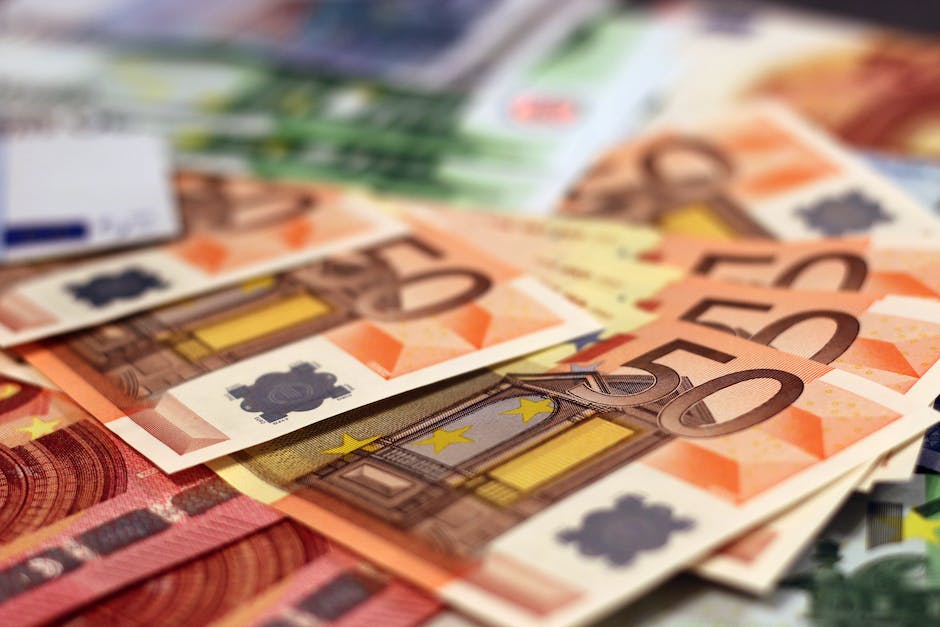
To avoid being ripped off, always research the exchange rate of your destination country before you travel. This will give you an idea of how much to expect when exchanging your money to the local currency. In addition, it will give you an estimation of how much things cost in the local currency. You can easily check the exchange rates research using online currency converters, or you can check with banks and other financial institutions. Keeping informed will help you save a significant amount of money while traveling.
Avoid Currency Exchange at Airports
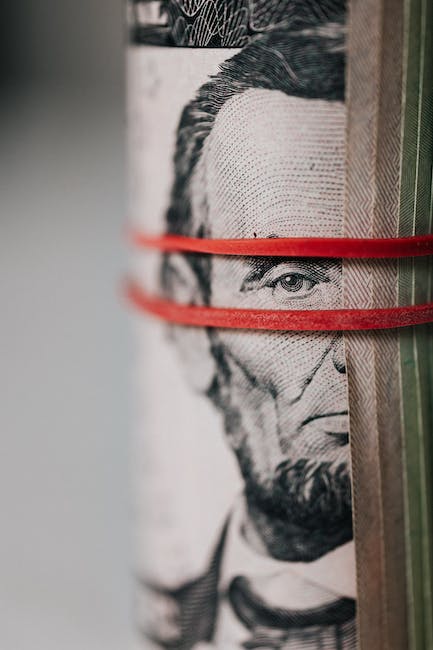
Many people prefer exchanging currency at airports, but it’s not always the best option, especially for solo travelers. Airports tend to offer higher rates and may also charge upfront fees for their services. In most cases, exchanging currency at banks or other reputable financial institutions is the superior option. They may have a lower exchange rate, but it will always be more reliable and legitimate than exchanging at airports.
Use Credit Cards Instead of Cash
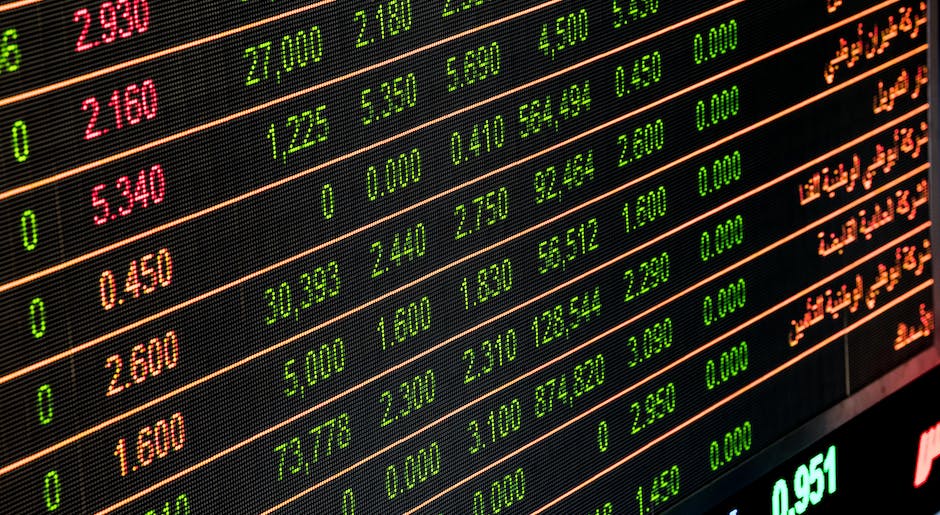
Using credit cards instead of cash is a convenient option, especially for solo travelers. Credit cards offer better exchange rates, and you won’t have to carry large amounts of cash around. However, make sure to notify your bank of your travel plans to avoid any future issues with your credit card while abroad. By doing this, you won’t fall into the trap of fraudulent credit card transactions or your bank blocking your card because they suspect fraud.
Bring a Mix of Cash and Cards
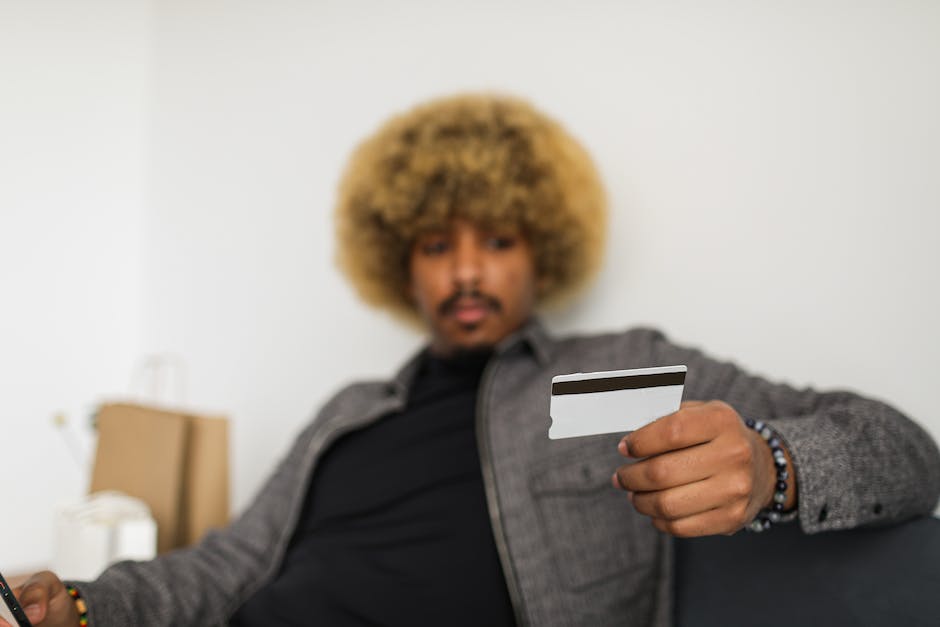
While credit cards are convenient, don’t entirely depend on them while traveling solo. It’s always important to bring some cash with you when you travel. Bring a mix of cash and cards, and keep them in separate places so that if you lose one or the other, you won’t be left stranded without funds. Keeping a mix of both will help you avoid situations where you can’t pay for something because the establishment doesn’t accept your preferred payment method.
Be Aware of Hidden Fees

When exchanging currency or using credit cards abroad, be cautious of hidden fees. You might find that many banks and other financial institutions charge fees for any foreign transactions. To avoid being caught in these scenarios, always read the fine print and understand the fees that apply to your account. It’s also a good idea to withdraw more significant amounts of cash at once to avoid multiple transaction fees.
Check Local ATM Fees

When using ATMs abroad, check for any local fees that apply. Some countries may charge fees for using foreign cards, and these fees can add up pretty quickly, leading to repercussions in your overall travel budget. Before you travel, make sure to research your ATM options for this reason so that you can identify the best course of action. Withdraw enough cash for your needs, and minimize the number of times you need to use an ATM to avoid further fees.
Avoid Exchange Rate Scams

Unfortunately, currency exchange scams are prevalent globally, and travelers are more susceptible to falling for them. Be wary of anyone offering you an exchange rate that seems too good to be true, as it’s probably a scam. It’s best to stick to reputable financial institutions only and never exchange money with individuals or in the streets. It’s better to be safe than sorry.
Exchange Leftover Currency Before You Leave
It is essential to exchange currency before you leave your destination country. Although sourcing foreign currency as a souvenir may be tempting, it’s not a practical option for most solo travelers. If you don’t exchange the remaining currency before leaving, some countries may not accept it back at home. It’s always best to prioritize your finances and avoid losing out on any money you worked hard to earn.
Save Currency Exchange Receipts
Finally, it’s essential never to forget to save all your currency exchange receipts. Keep them in a safe place as proof that you obtained foreign currency legally. They might play a critical role when leaving a country, so be ready to present them if necessary.

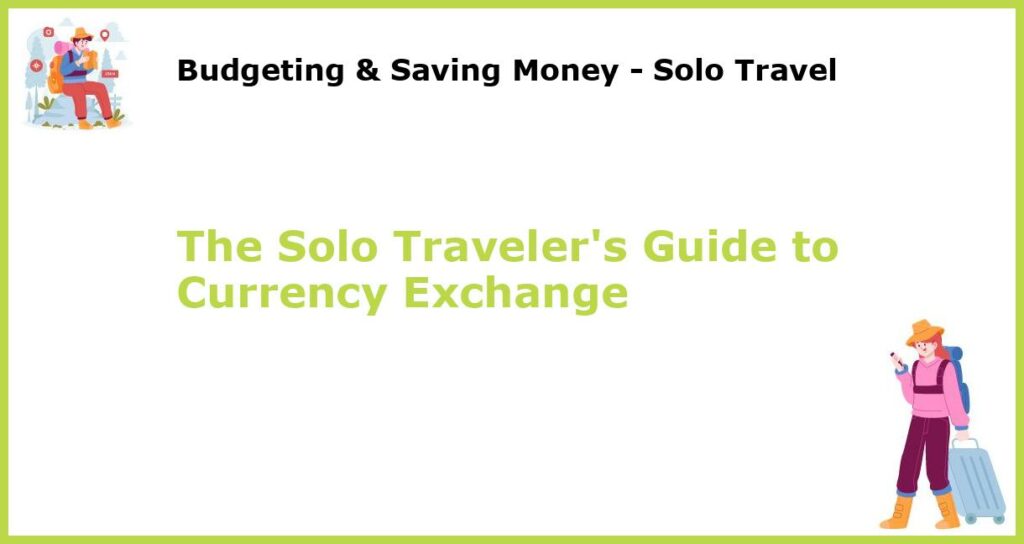






 You might also be interested in those articles related to solo traveling
You might also be interested in those articles related to solo traveling